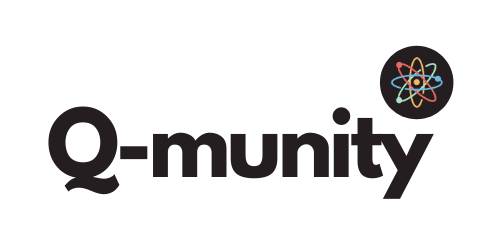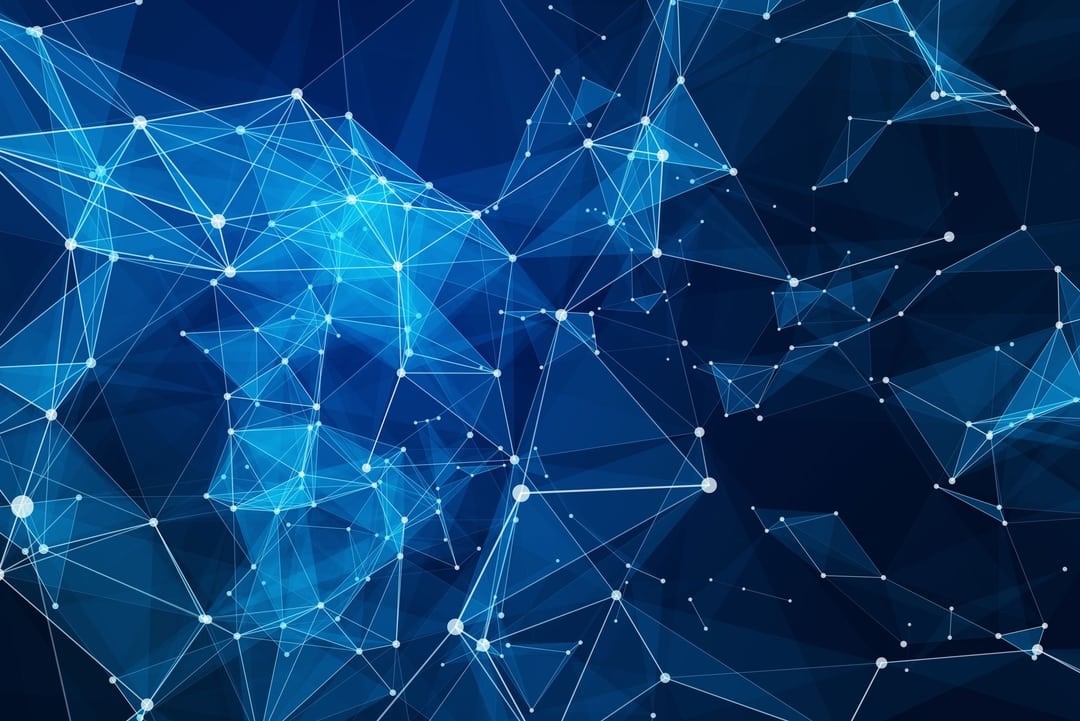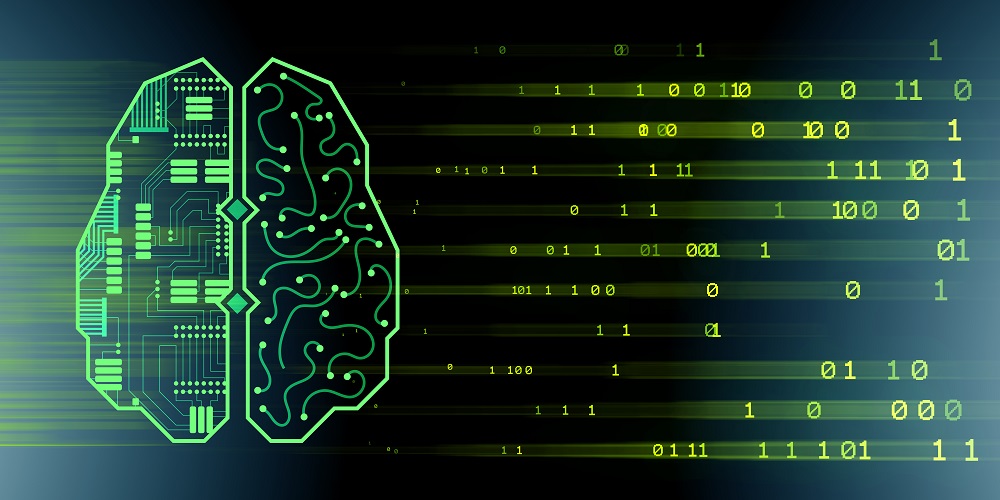The present decade marks an era of constant advances and integrations in artificial intelligence. Simultaneously, we’ve witnessed the rise of quantum computation with the potential to someday revolutionise the exact fields machine learning is blazing through presently. However, what many haven’t discussed is the potential computational power that is unlocked when combining quantum computing and machine learning: a field called quantum machine learning.
That's right. Quantum machine learning is the field of tomorrow. There are some pretty good theories on Quantum Machine Learning or in short QML. QML has the potential to tackle different types of optimization problems very efficiently unlike their classical counterparts. To that end, we, as a part of the generation where quantum computing is on the rise, would do well to learn the fundamental concepts of QML.
For learning, we need proper resources. We’ve gathered our team to review the current resources that are out there and pick the best ones!
ONLINE COURSES:
COURSERA: Coursera has several guided projects where the learner can earn a specific skill in programming by completing a project based on instructions provided in that course. These courses typically require 2-3 hours to complete. For learning QML using Pennylane, a guided project course has recently been added in Coursera named Getting Started with Quantum Machine Learning. This course mainly focuses on converting a Tensorflow Keras network quantum by Layer.
EdX: Peter Wittek was an assistant professor at the University of Toronto. He is mostly known for his book “Quantum Machine Learning: What Quantum Computing Means to Data Mining” and his video lectures. His course comprises 41 lectures (each less than 10 minutes), on quantum Gaussian processes and the Harrow-Hassidim-Lloyd (HHL) algorithm, etc. Link to the course in EdX.
There are also some online courses at Udemy which touch the basics of Mathematics, quantum mechanics, and machine learning. The attached course has 4 parts.
YOUTUBE and GITHUB:
In the summer of 2021, IBM Quantum hosted a two-week virtual Qiskit summer school covering the basics of Quantum Machine Learning. It included ten lecture parts and five labs. Lucky for us, they’ve released their course materials to the public for free. After the successful completion of the summer school, the course materials were made free for the public. It can be found as a series on the Qiskit Channel and the solutions of the labs can be found in the following Github links.
BOOKS:
There is no more appropriate medium to learn any new concept or skill than books. Though the books for learning QML are not abundant, there are still some solid options for anyone to begin.
'Machine Learning Meets Quantum Physics' edited by Springer by Kristof T. Schütt, Stefan Chmiela, O. Anatole von Lilienfeld, Alexandre Tkatchenko, Koji Tsuda, Klaus-Robert Müller as Editors is a collection of research papers, which mostly focuses on chemical quantum simulation capitalising some machine learning tools.
“Quantum Machine Learning: What Quantum Computing Means to Data Mining” edited by Elsevier. It is a text written by Peter Wittek. This is a book that introduces both quantum computing and machine learning.
'Quantum Machine Learning with Python' by Santanu Pattanayak edited by Apress. It is mostly focused on coding. It starts with some introduction to quantum computing, quantum Fourier transforms and towards the end quantum neural networks and quantum Tensorflow and PyTorch.
RESEARCH PAPERS:
There are many papers on QML to learn from. Although papers may seem intimidating, these make the subject matter very clear. If you’re not a beginner and already know the basics of quantum mechanics, these might be the route for you. . Some papers' links are below:
- Unsupervised Machine Learning on a Hybrid Quantum Computer (J.S. Otterbach et al., 2017)
- Quantum algorithms for supervised and unsupervised machine learning (Lloyd, Mohseni & Rebentrost, 2013)
- A Machine Learning Framework to Forecast Wave Conditions (James, Zhang & O’Donncha 2017)
- Quantum Neuron: an elementary building block for machine learning on quantum computers (Cao, Guerreschi & Aspuru-Guzik, 2017)
- Quantum machine learning for quantum anomaly detection (Liu & Rebentrost, 2017)
- Proceedings of the First Workshop on Quantum Tensor Networks in Machine Learning (NeurISP 2020)
- Training deep quantum neural networks (Beer et al. Nature communication 2020)
- Quantum machine learning: a classical perspective (Ciliberto et al. 2018)
- Parameterized quantum circuits as machine learning models Benedetti et al (2019).
Quantum Machine Learning is a very interesting field at present. Though there aren't many resources(at least for beginners), the current ones are very thorough, and day-by-day experts are developing more resources. There’s enough for you to get going.. So, when are you starting to learn QML?






.jpeg)






